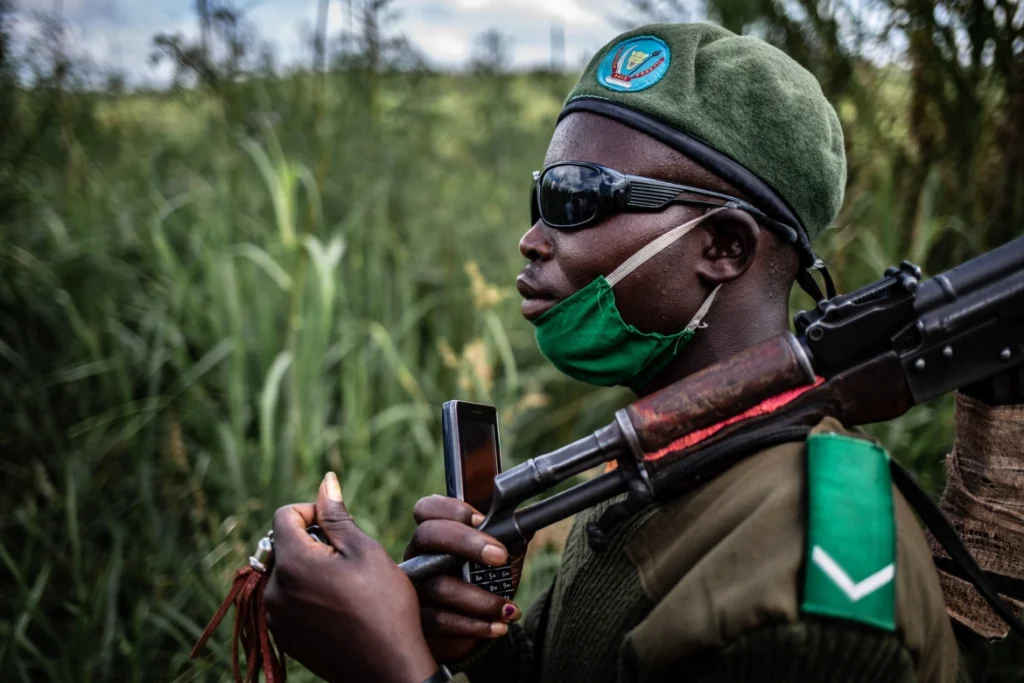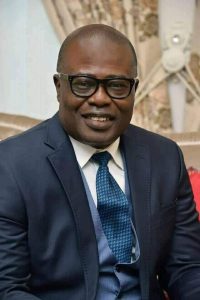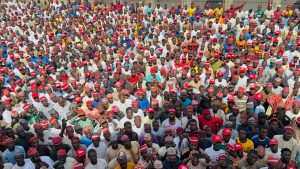
Security in the eastern part of the Democratic Republic of Congo (DRC), the newest member of the East African Community (EAC), has been deteriorating over the past three months due to rebel activities and reprisals against civilian populations.
On March 28, just a day before the DRC officially joined the EAC, fighters from the M23 rebel group attacked military positions near the country’s border with Uganda and Rwanda. And the following day, eight peacekeepers died when a United Nations helicopter crashed in eastern DRC. The situation in the DRC is recurrent in different parts of the country, with conflict being caused by armed groups interested in minerals, as well as ethnic, cultural, religious, and political rivalries.
With the DRC joining Burundi, Kenya, Rwanda, South Sudan, Tanzania, and Uganda in the EAC this week, it is unclear what impact membership of the trading bloc can have on chronic violence. It is an economic grouping, after all, and the main expected benefit of the DRC joining is increased trade. But the organization also aims to achieve security and stability in the region.
The East African Community has a strategy and a framework on security
The EAC has a regional strategy on peace and security. Further, member states cooperate in all defense affairs to promote peace, security and stability in the community. However, none of this is the bloc’s primary objective.
Congolese leaders, meanwhile, are optimistic that joining the bloc will present security benefits for the country.
Deputy prime minister Christophe Lutundula Apala Pen’Apala, who is also the minister for foreign affairs, said earlier this year that the country was keen on tackling security challenges in eastern DRC with the EAC. And in his address to heads of EAC member states on March 28, when his country was admitted into the alliance, president Felix Tshisekedi expressed a similar sentiment.
“This membership will also allow the application of the community’s collective security pact,” he said, “and the enhanced pooling of forces against the activism of local and foreign armed groups, as well as terrorism.”
Quartz Africa



